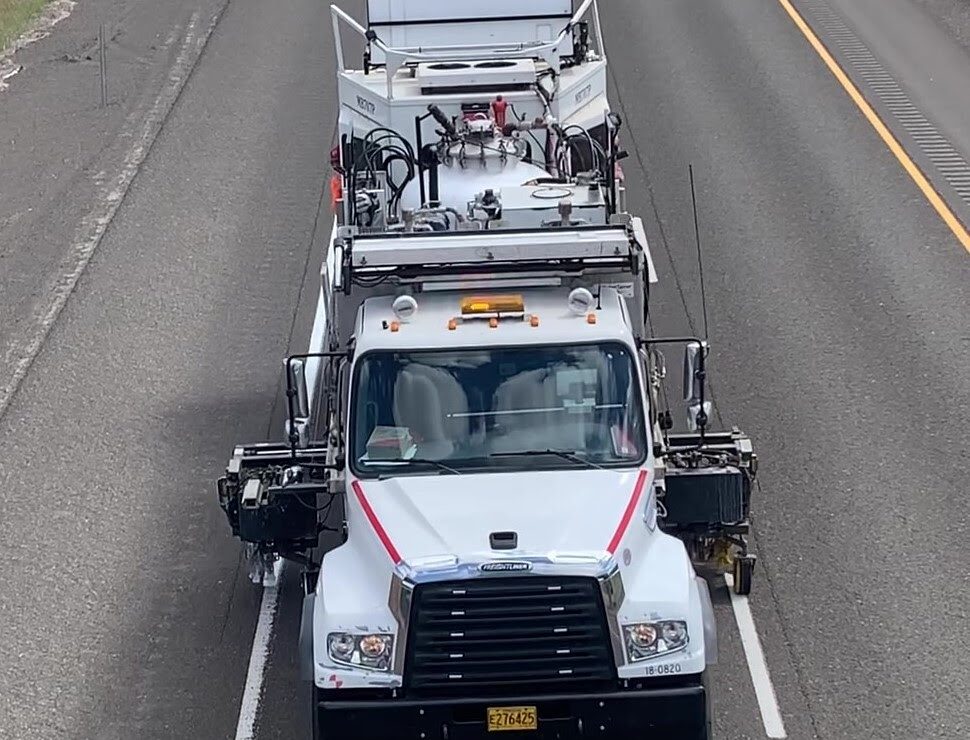No headline.
Published 6:18 pm Saturday, June 27, 2015
SALEM — Oregon lawmakers want to call on the U.S. Congress to remove marijuana from a national list of the most dangerous narcotics and work out a solution that would give state-legalized pot businesses access to banks.
The state House-Senate committee that has been working on marijuana issues voted Thursday to pass a measure that will send that message to Congress. Senate Joint Memorial 12 calls on Congress to declassify marijuana as a Schedule I drug under the federal Controlled Substances Act and work on banking solutions for pot businesses in states with legalized marijuana.
Drugs are listed under Schedule I if they have a high potential for abuse and no accepted medical value in the U.S. Heroine is another drug listed as Schedule I while methamphetamine has a lower classification under Schedule II.
According to the memorial, 23 states and Washington, D.C., have some form of legal marijuana.
“Really the memorial is our little love note to Congress to say, ‘Please help us unscramble this issue by un-scheduling marijuana and dealing with the financial prohibitions in the federal banking system,’” said Senate Minority Leader Ted Ferrioli, R-John Day, who asked for the memorial to be drafted.
Ferrioli said that “probably the most immediate benefit” of de-scheduling marijuana would be that universities could ramp up research on the plant.
As for the current lack of access to banks, Ferrioli said as long as marijuana businesses are still forced to operate on a cash basis without the financial tracking of financial institutions “you still haven’t really improved public safety.”
Ferrioli is part of a work group organized in conjunction with Gov. Kate Brown’s administration to explore solutions to the lack of banking options for cannabis businesses.
The House-Senate committee heard more testimony on the issue Thursday from business, credit union and bank representatives.
Noah Stokes, owner of CannaGuard Security, said his business provides security systems to marijuana businesses that help them comply with regulations. However, Stokes said, a bank closed his accounts for both CannaGuard Security and a separate home security business after bankers learned of Stokes’ connection to the cannabis industry.
Banks are supposed to notify federal regulators of suspicious activity, including drug trafficking, and pot businesses operating in compliance with state laws have struggled to find any banks that will accept their deposits.
Although the U.S. Department of the Treasury issued guidance to banks in 2014 that they could do business with state-sanctioned marijuana businesses, financial institutions that work with the cannabis industry could run into trouble if future presidential administrations reverse that policy.
Ferrioli said it does not make sense that banks remain at risk if they deal directly with marijuana businesses, when the same banks already receive money from pot enterprises that has been funneled through local and state governments in the form of taxes and other payments.
“I think the incongruity is delicious,” Ferrioli said. “We can do as a government what we won’t allow the citizens to do. I think that’s a strong argument for us re-thinking the regulations for banks.”
This story first appeared in the Oregon Capital Insider newsletter. To subscribe, go to oregoncapitalinsider.com.





